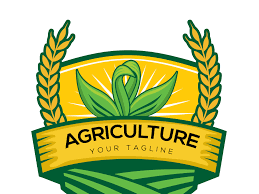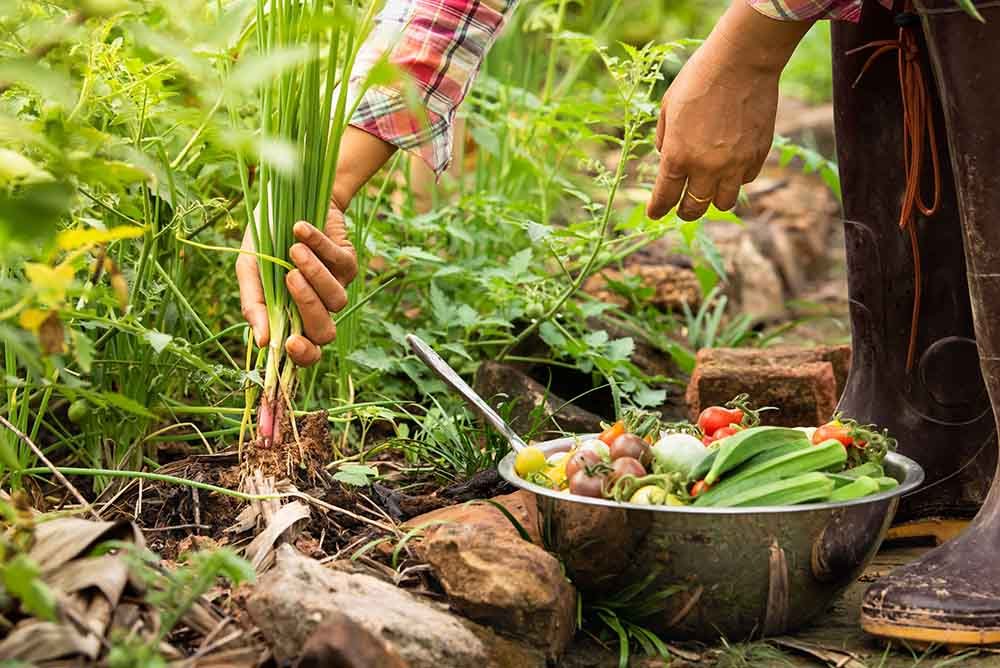
Explore
close
All Categories
- Architect - 00
- Chemicals and Consumables - 01
- Co-Working Spaces - 01
- Engineering Company - 00
- Events and Conferences - 02
- Facility Management - 00
- Fire and Safety - 01
- Food and Beverage - 01
- Health and Fitness - 03
- Horticulture - 09
- Manpower Supplier - 00
- Office Stationeries - 00
- Pest Control - 01
- Professional Training and Coaching - 00
- Project Management - 00
- Real Estate - 05
- Security and Man Guarding Services - 01
- Staffing and HRMS - 01
- Sustainability Management - 01
- Technology Services - 02
- Tools and Tackles - 01
- Tours and Travel - 00
- Transport - 00
- Uniforms - 00
menu
close
All Categories
- Architect
- Chemicals and Consumables
- Co-Working Spaces
- Engineering Company
- Events and Conferences
- Facility Management
- Fire and Safety
- Food and Beverage
- Health and Fitness
- Horticulture
- Manpower Supplier
- Office Stationeries
- Pest Control
- Professional Training and Coaching
- Project Management
- Real Estate
- Security and Man Guarding Services
- Staffing and HRMS
- Sustainability Management
- Technology Services
- Tools and Tackles
- Tours and Travel
- Transport
- Uniforms
 Podcasts
Podcasts 






.png)










